1. Ron Howard
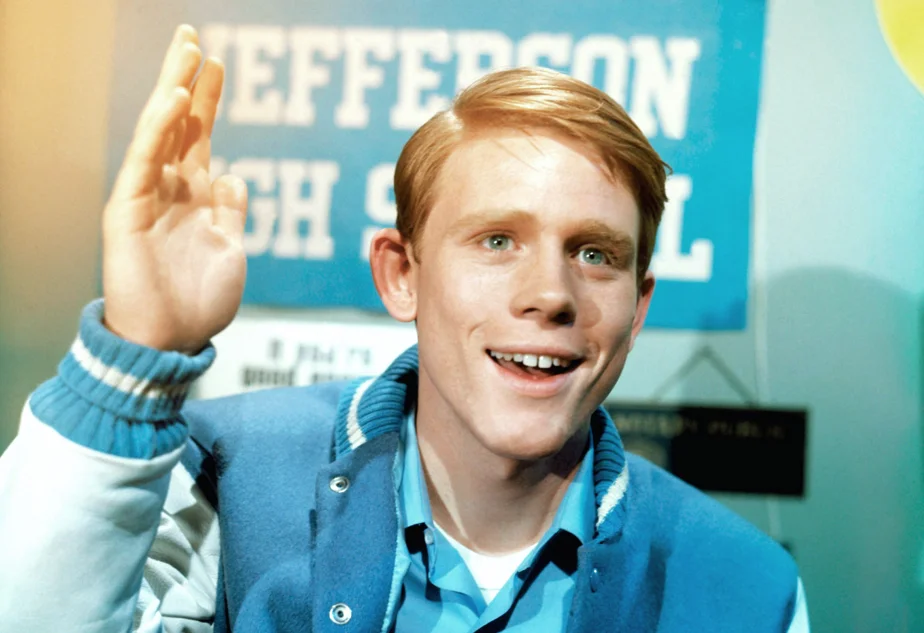
You probably remember Ron Howard best as Richie Cunningham on Happy Days, but his days as a sitcom sweetheart were just the beginning. After stepping away from acting, Howard found his true calling behind the camera and eventually co-founded Imagine Entertainment, a powerhouse production company responsible for hits like A Beautiful Mind and Arrested Development.
What’s most impressive is how he quietly became one of Hollywood’s most respected producers and directors, earning an Oscar and building a reputation for thoughtful, compelling storytelling. He didn’t just ride the nostalgia wave of his acting days—he reinvented himself completely. Howard now holds a seat at the table with the biggest industry players, all while keeping that boy-next-door charm intact. His journey from Mayberry to movie mogul is one of the most impressive transformations in the business.
2. Marilu Henner
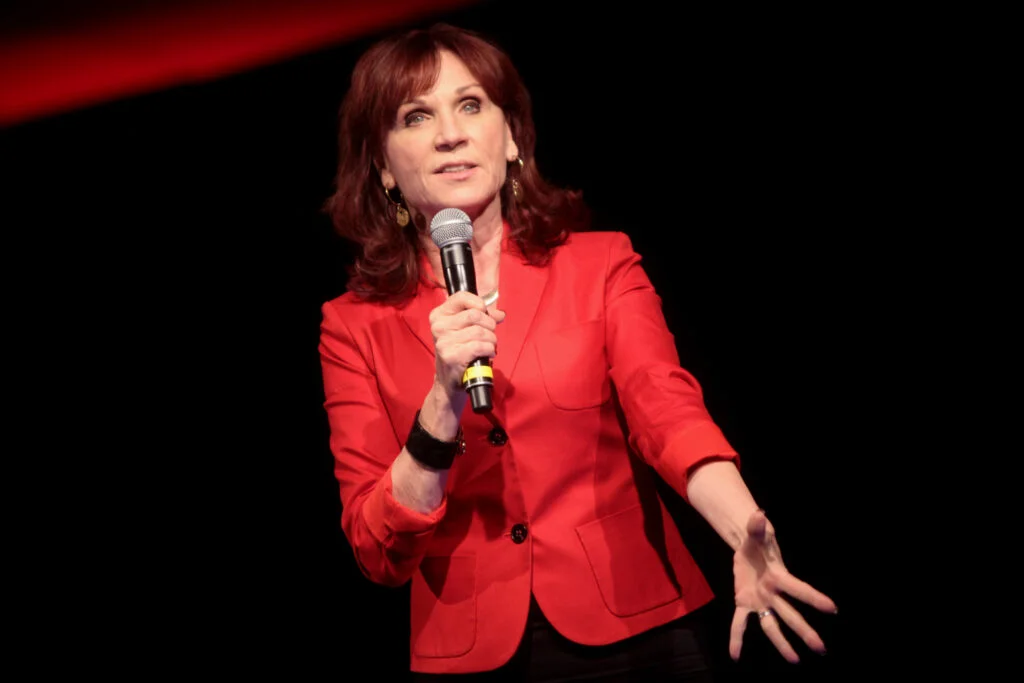
Fans fell in love with Marilu Henner as Elaine Nardo on Taxi, where she brought warmth and wit to every scene. But Henner didn’t stop there—she turned her sharp instincts and business savvy into an empire of books, health products, and consulting.
In the ’90s, she began writing best-selling wellness books and built a brand focused on memory, nutrition, and holistic living. She later started a production company, executive produced several shows, and became a go-to authority on health. Henner even leveraged her rare autobiographical memory into speaking engagements and expert appearances. Her post-Taxi success isn’t just impressive—it’s multi-dimensional.
3. Michael Landon
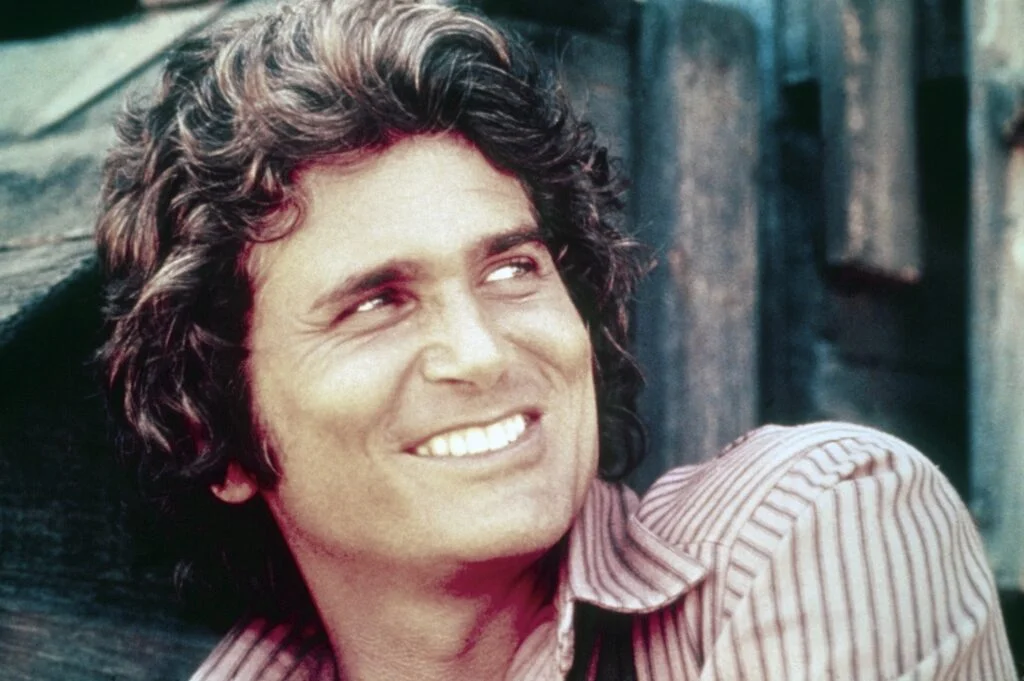
Michael Landon was already a giant in the ’70s thanks to his roles on Bonanza and Little House on the Prairie, but his executive power grew behind the scenes. As the executive producer, writer, and director of Little House, he wasn’t just acting—he was steering the entire ship.
He had a vision for heartfelt, moral-driven storytelling and knew exactly how to execute it. Landon launched his own production company and maintained creative control over every aspect of his work, a rarity at the time. His follow-up series, Highway to Heaven, continued his legacy of emotionally resonant television that was both popular and meaningful. Behind the camera, he was a force of nature who knew how to get things done his way.
4. Norman Lear
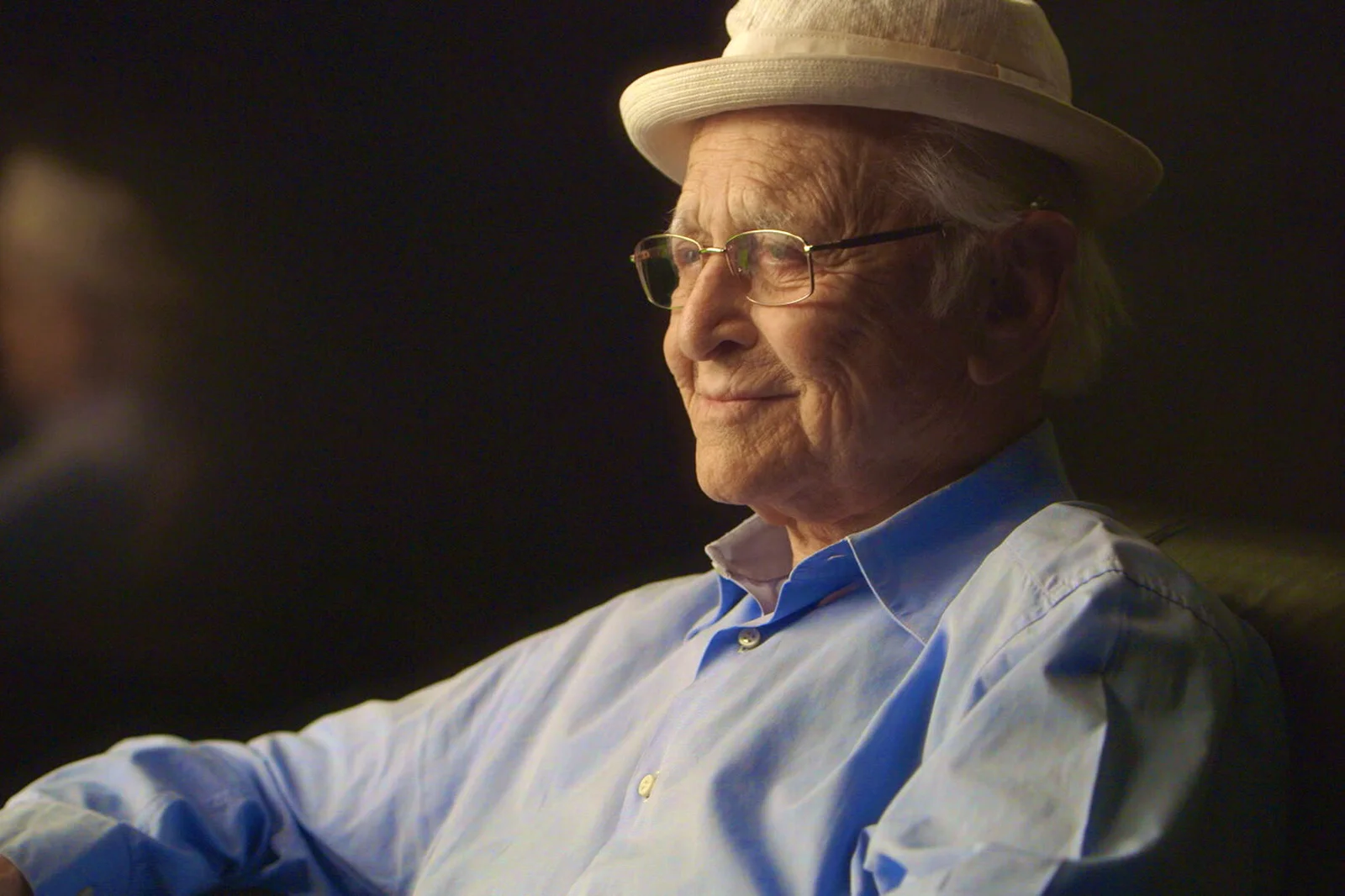
Norman Lear was never exactly a household face, but he was the creative genius behind the faces we all knew and loved. While he wasn’t an on-screen star, his executive influence in the ’70s was unparalleled—he created All in the Family, Good Times, The Jeffersons, and more.
His shows didn’t just entertain, they challenged the status quo and tackled tough social issues head-on. Lear built a media empire and later co-founded People for the American Way, blending his TV clout with political activism. Even into his 90s, he stayed sharp and involved, producing and consulting on new shows. He’s the rare executive who changed both television and the national conversation.
5. Suzanne Somers
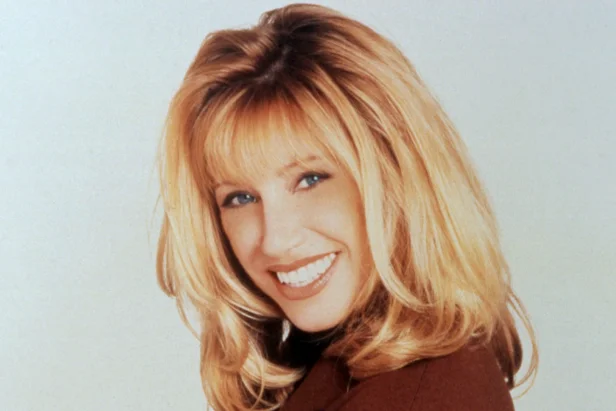
Suzanne Somers became a household name as Chrissy Snow on Three’s Company, but her career really took off after she left the show. While many expected her to fade from the spotlight, she pivoted into a business empire that included fitness equipment, books, and beauty products.
She became the face of the ThighMaster, of course, but behind the scenes, she was an astute marketer and entrepreneur. Somers authored over 25 books, many of which became best-sellers, and built a wellness brand around hormone health and aging. Her move from TV blonde to self-made executive was savvy, strategic, and entirely on her terms.
6. Alan Alda
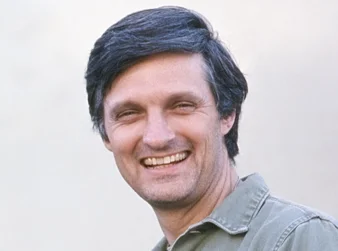
Alan Alda earned acclaim as Hawkeye Pierce on MASH*, a role that made him a television icon. But he didn’t stop at acting—he took on writing and directing duties on the series and became one of its creative anchors. That control helped him transition into a respected executive voice in the industry.
In the decades that followed, Alda built a reputation for blending communication and science. He founded the Alan Alda Center for Communicating Science, teaching scientists how to connect with the public. While he stayed in the entertainment world, his executive influence expanded into education and advocacy, making him a different kind of powerhouse.
7. Oprah Winfrey
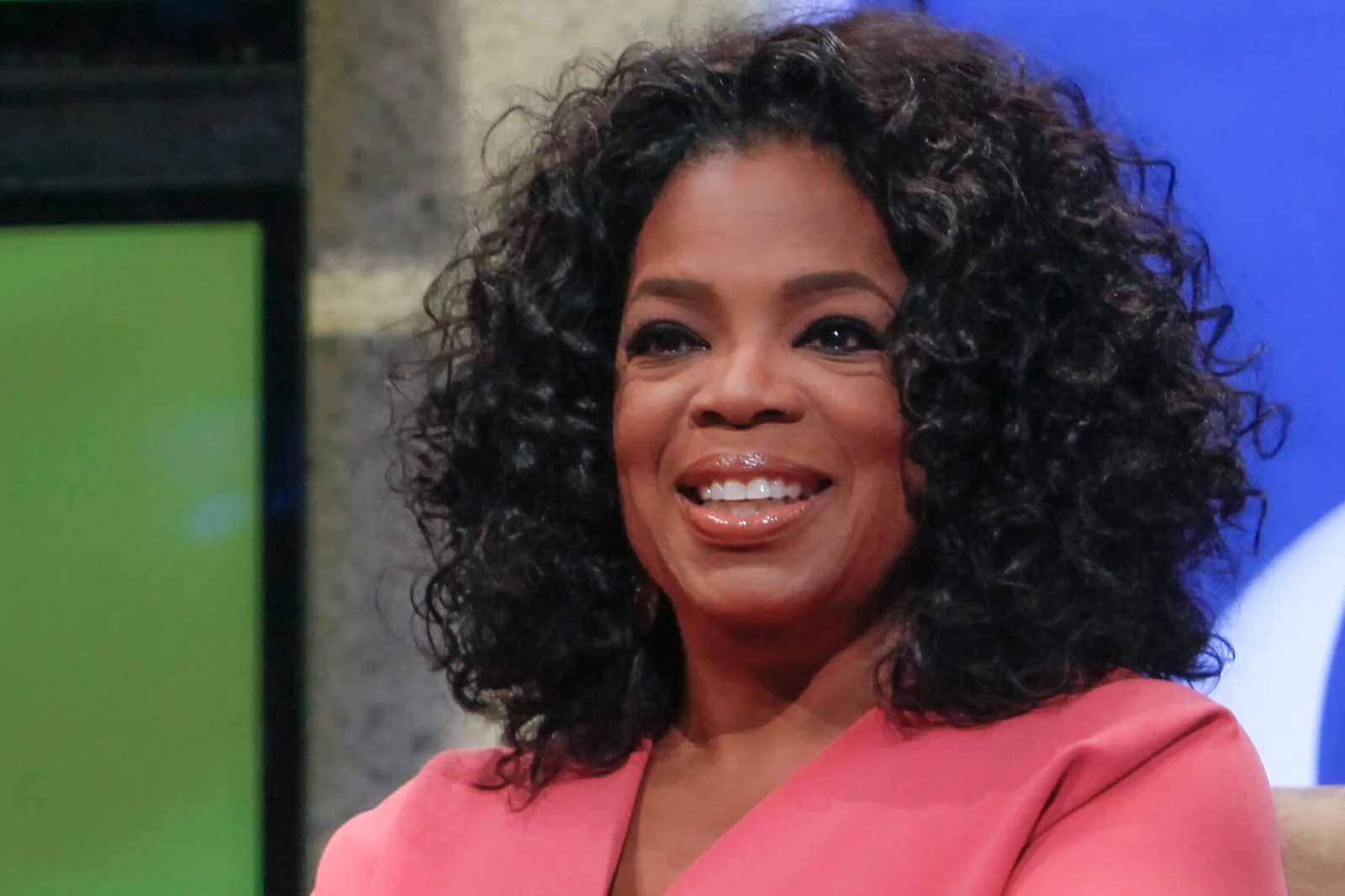
Before she became one of the most influential women in the world, Oprah Winfrey got her start on local television and even had a small role in The Women of Brewster Place, a mini-series in the late ’80s. While she’s better known for her legendary talk show, her executive power is what truly changed the game.
She founded Harpo Productions in 1986 and quickly became one of the most powerful media executives in history. Her company produced films, launched magazines, and eventually an entire TV network, OWN. Oprah wasn’t just in front of the camera, she was calling the shots behind it—and doing so with purpose, vision, and unmatched success.


